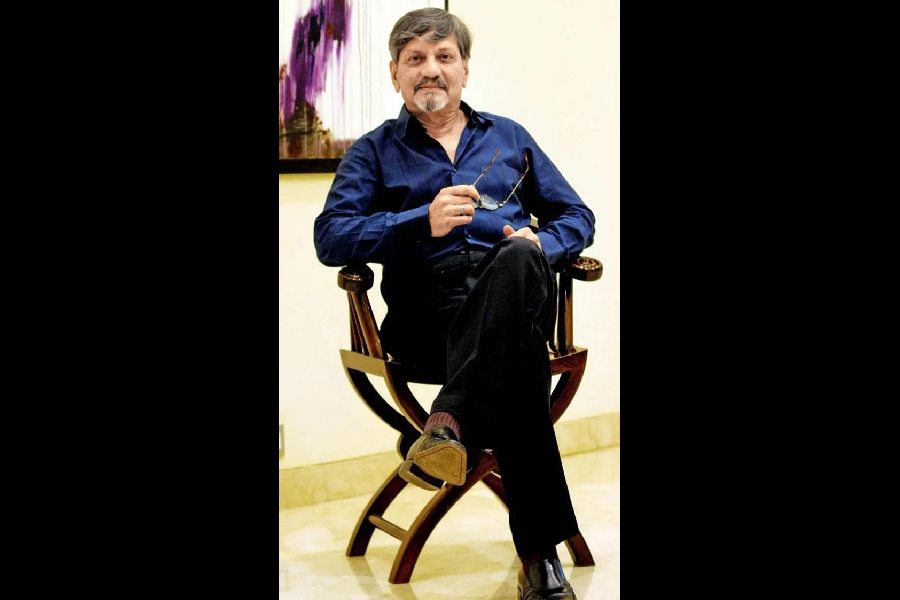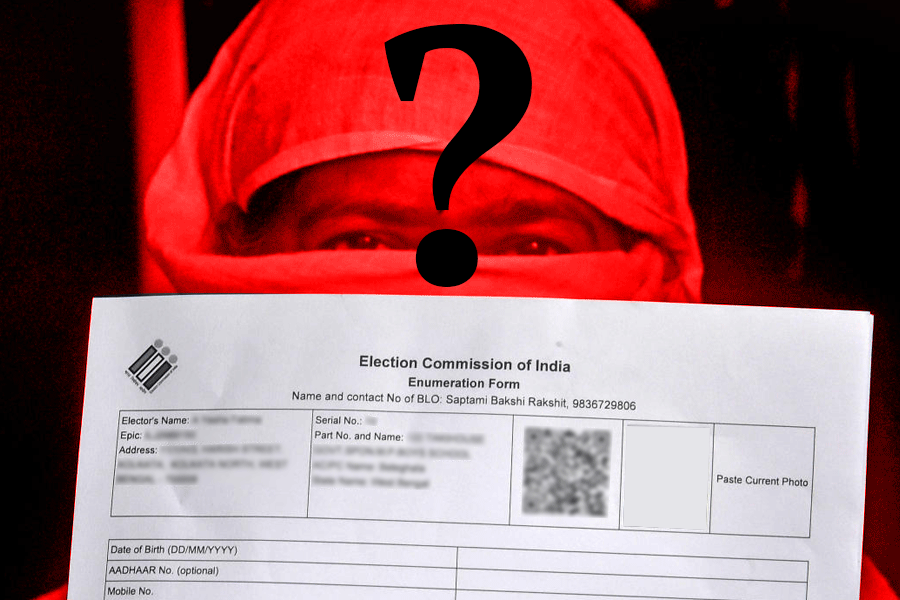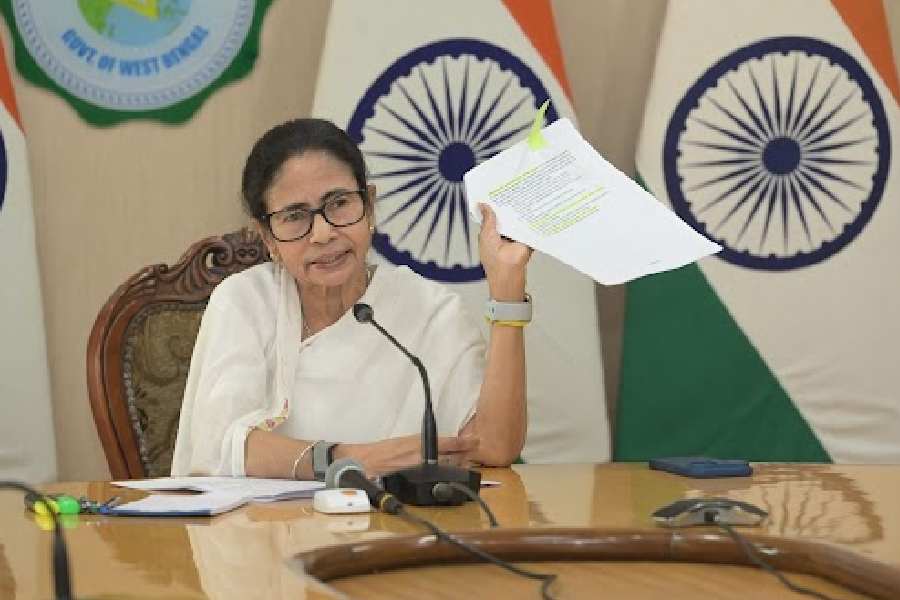Book: VIEWFINDER: A MEMOIR
Author: Amol Palekar
Published by: Westland
Price: Rs 999
Eighty is perhaps a good age for someone like Amol Palekar to sum up the crowded, creative life he has lived, embracing several art forms — theatre, film, painting, et al.
Viewfinder is nostalgic without being sentimental; opinionated but not arrogant; anecdotal and racy. ‘The boy next door’ image that Palekar came to acquire, thanks to his appearances in commercially successful, middle-of-the-road films by Basu Chatterjee or Hrishikesh Mukherjee, persists throughout the book, but it moves in tandem with the important work he has done principally in Marathi theatre.
Palekar writes about his former wife and artistic collaborator, Chitra, with a certain affection, but it is only in passing and is not with the depth that the success of the decades-long partnership demanded. However, it is a different story when he writes about his daughter, Shalmalee. Here, he is all father, full of love and respect for the decision she has made to lead a life of alternative sexuality.
Palekar’s memoir brings to sharp focus the respect and the fondness he has always had for some important figures who helped him make his long artistic journey — Basu Chatterjee, Hrishikesh Mukherjee, Tapan Sinha, Satyadev Dubey, Badal Sircar and others. He relates a simple but telling anecdote from which his book takes its name: “With great affection, Hrishi-da embraced me, softly ran his fingers through my hair, and hurried off to his bedroom. When he returned, he had a ‘director’s viewfinder’ in his hand. ‘Keep it with you,’ he said, and, not wanting me to see his brimming eyes, quickly retreated inside. How can I ever repay that debt? Before Hrishi-da began on his first film, Musafir, Bimal-da (Bimal Roy) had given him this viewfinder.” In later years, this gift helped Palekar find himself as a filmmaker.
Palekar deserves our respectful appreciation for, more than anything else, his publicly expressed defiance of the System that has been able to extract the allegiance of a large section of artists and intellectuals in the country by means more foul than fair. The film industry, in particular, from which Palekar rose to considerable heights of popularity, has shown to what depths of disgrace it can easily descend for the proverbial mess of pottage. Glimpses of Palekar’s views regarding the sickening, present-day goings-on in the industry and elsewhere are to be discerned in his memoir










